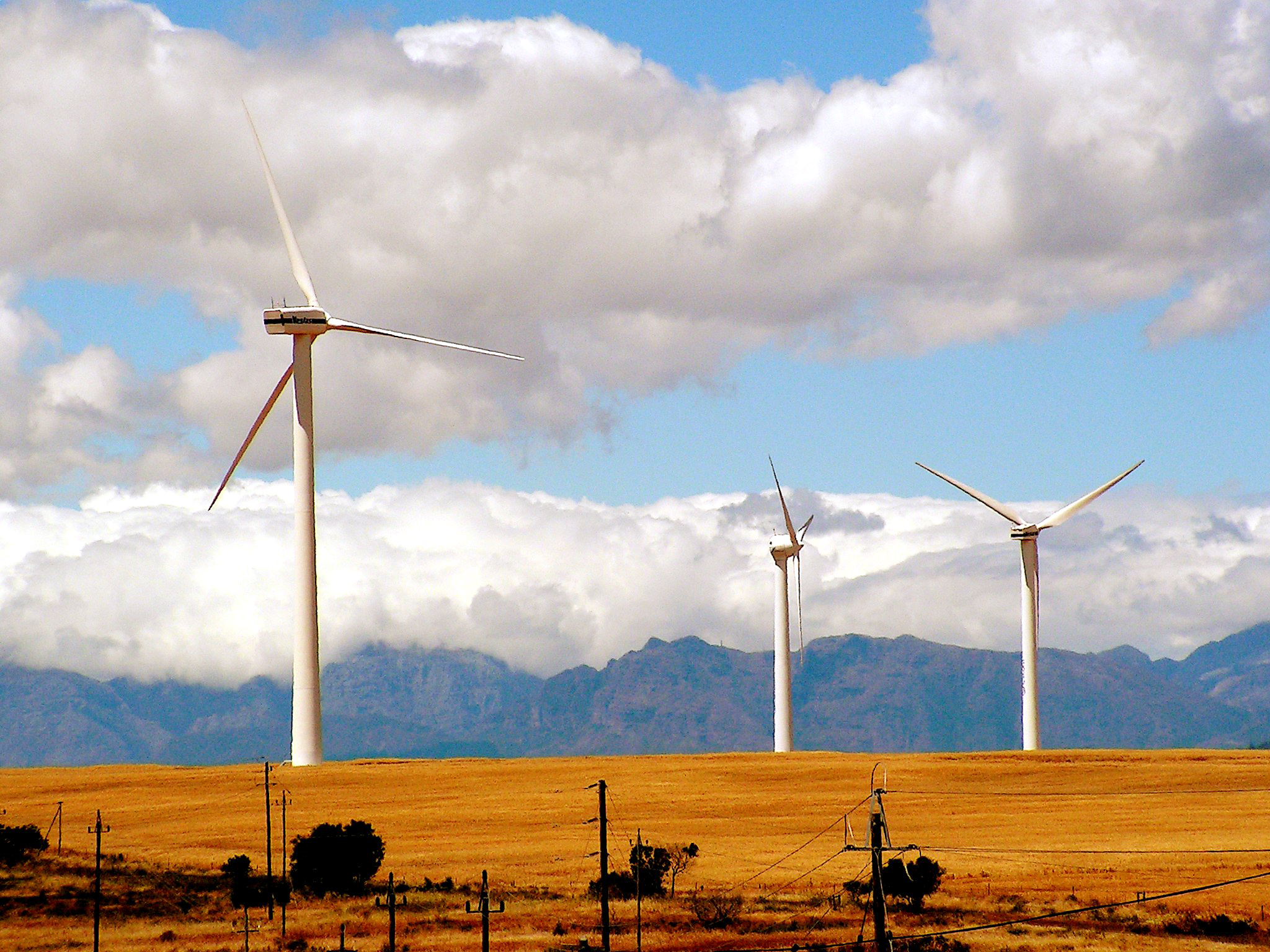Socially just climate protection Just Energy Transition Partnership (JETP) with Viet Nam
Development Minister Svenja Schulze commented: “The new Just Energy Transition Partnership with Viet Nam is another lighthouse initiative that promotes ambitious and just climate action. Viet Nam is among the countries with the fastest growth in carbon emissions, which have increased by more than 500 per cent since 2000. Together we want to demonstrate that, even in a rapidly growing economy like Viet Nam, economic growth can be decoupled from fossil fuel energy consumption.
The Vietnamese government has realised that it needs a turnaround in climate policy. This will only be possible by focusing on renewables instead of coal. And this is where the JETP comes in. As Development Minister, it is especially important to me that the very poorest are also included in these plans. The investments need to benefit the Vietnamese people. Because just climate policy means pursuing ambitious targets whilst leaving no one behind.”
Further information
More than 60 per cent of Viet Nam’s carbon emissions result from burning coal. At the same time, the country is one of the 20 countries that are most affected by climate change. In addition, as its economy grows, its energy demand is growing too. The JETP will support Viet Nam in delivering an energy transition towards renewables. Viet Nam has set itself the ambitious target of achieving net zero emissions by 2050 and is also planning to bring forward the peaking date for greenhouse gas emissions by five years to 2030. The share of renewables is to be increased to 47 per cent (up from the current planned generation share of 36 per cent). The successful delivery of all JETP targets will result in around 500 million tonnes of carbon emissions saved by 2035
The JETP will mobilise an initial 15.5 billion US dollars of public and private finance over the next three to five years to support Viet Nam’s green energy transition. The donor community will specifically support Viet Nam in accelerating its plans to phase out coal and scale up renewables by 2030 through an ambitious reform agenda. Germany, the G7 and other partners will work hand in hand with Viet Nam to initiate the necessary policy reforms and improve local framework conditions in order to ensure a fair and inclusive transition.
The Federal Ministry for Economic Cooperation and Development (BMZ) will build its contribution to support the JETP around its long-standing cooperation with Viet Nam. Germany is Viet Nam’s most important bilateral partner in the area of renewables. The BMZ has, for instance, supported policy reforms in Viet Nam which have led to a rapid increase in investments in solar and wind energy.
Press release of the heads of state (External link) and political declaration on the JETP (External link) on the website of the British government.


